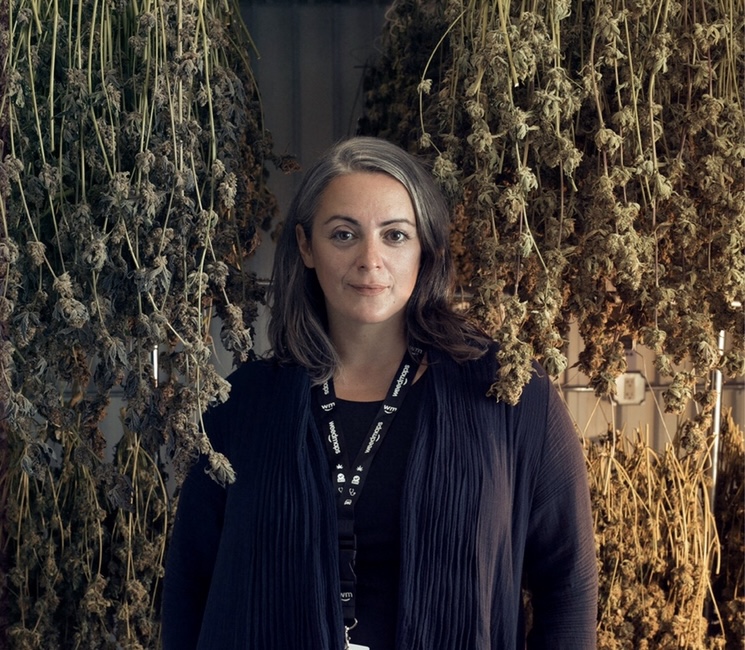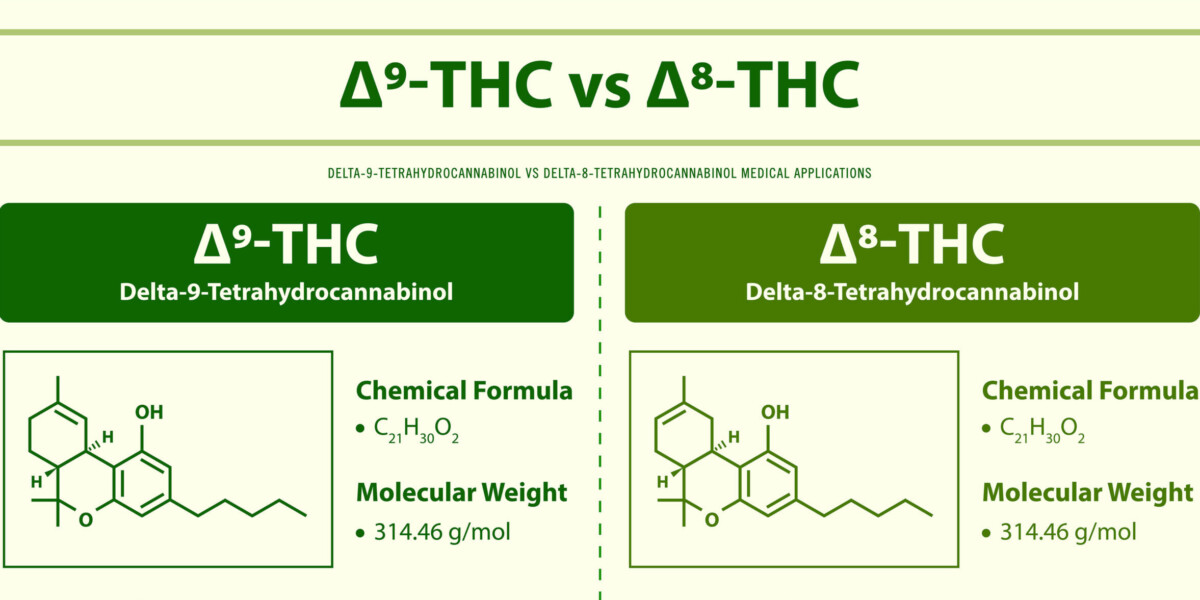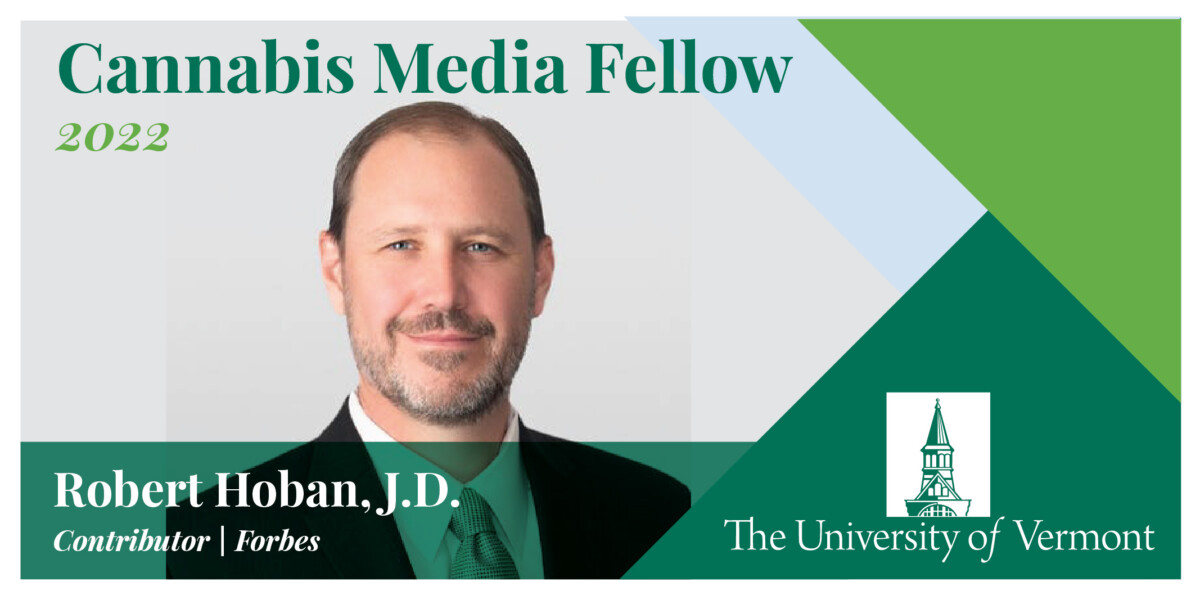Creative expression has always fueled journalist Mary Jane Gibson. After studying acting in Montreal, she started her career in New York City as a playwright and actor. Not long after, in 2007, she took a part-time job as a copy editor at High Times to support her theatre career. It was there she discovered the link between cannabis and creativity.
“In theater school, I had never smoked, and I had never used cannabis, but all of a sudden, I entered this world in which people were using it as a tool to unlock a new set of skills,” Gibson reflected. “I spoke to so many musicians and comedians who would talk about how they would compose while using cannabis and perform when they weren’t using it.”
At the time, she says cannabis use, for her, was primarily an expression of radical anti-establishment and anti-authoritarian views.
“I was encountering all these wonderful artists who were just allowing themselves to totally embrace radical self-expression, often using cannabis as a tool to get them there.”
Mary Jane Gibson, Writer on Cannabis Culture, UVM Cannabis Media Fellow
To some degree, Gibson says these attitudes have become less common as cannabis is normalized and becomes legal for adult use in many states, “It’s been interesting to watch that progression and think about how we talk about it as something to incorporate into daily life as opposed to a radical act,” Gibson said.
Using Her Voice to Shine a Light on the Truth
In many ways, Gibson carries on the radical creative expression that first sparked her love for cannabis. After 15 years at High Times, including time spent opening their West Coast office, Gibson now works for herself as a cannabis freelance writer for publications like Leafly, Rolling Stone, and Vox. In her work, she fearlessly pushes the boundaries of industry standards and mines for the truth.
Starting with her column about sexism in the cannabis industry for High Times, Gibson also sheds light on the lack of female representation and challenges the status quo.
In 2017, Complex named her one of the 15 most powerful women in the weed industry. She says the award was meaningful because until weed is legalized federally, many cultivators and makers, primarily women, will continue to be forced to operate behind the scenes out of fear of losing their jobs, their families, or their freedom.
“When that list came out, I was very proud to be a visible woman in cannabis. Having the ability to use my voice because I don’t have things that I’m afraid of losing is very important to me,” Gibson said as she reflected on the story of Stephanie Shepard, a Black, first-time, non-violent offender who served nine years in prison for a charge related to marijuana. “I’m speaking for everyone who may not be able to speak up about their cannabis use.”
“There are so many writers out there who have, without really knowing it, been steeped in propaganda around the war on drugs. So, they really write about cannabis coming from a place of 50 years of being told certain things that are believed as inherited truth – including the dogma of cannabis being a gateway drug.”
Mary Jane Gibson, Writer on Cannabis Culture, UVM Cannabis Media Fellow
Gibson is reshaping what it means to be a journalist who writes about cannabis, focusing on a responsibility to the truth.
Cannabis Fellowship Fuels Fact-Based Journalism
As Gibson saw an opportunity for more factual reporting on cannabis, she decided to pursue the UVM Professional and Continuing Education’s Cannabis Media Fellowship. Gibson, who amassed her cannabis knowledge from her work at High Times, was eager to get deeper into the science of cannabis.
“There are so many wild claims being made in this brand-new industry – it’s really great to say, ‘I can question that, and I can question that with authority, and I’d like you to point me to the peer-reviewed science and data.’” Gibson reflected. “I would have tried to do that before the fellowship, but now I have firm ground where I can stand on it and say, ‘Show me the research.’ So, it’s great to feel more authoritative in doing that.”
The fellowship includes a certificate in Cannabis Plant Biology which is a comprehensive program that dives into cannabis chemistry, genetics, agricultural best practices, post-harvest handling, and processing. From journalists to production specialists and medical professionals, UVM’s cannabis curriculum equips students with a deep understanding of cannabis and its impact on the human body.
“It’s allowed me to ask the right questions when I’m speaking to someone who, for instance, has a company and is making all sorts of wild claims about the cannabinoids and the terpenes, to be able to say, ‘What do your lab results look like when you’re talking about this particular terpene profile having this particular effect?”
Mary Jane Gibson, Writer on Cannabis Culture, UVM Cannabis Media Fellow
The knowledge from the Cannabis Plant Biology certificate has been particularly helpful when making the distinction between hemp and marijuana, Gibson says, especially when talking to federal lawmakers who may not understand the implications of proposed legislation. She says it’s also made it more possible to challenge alcohol and tobacco industry representatives who are working to control the narrative around cannabis.
“To have the facts about the science of the plant and not perpetuate this constructed narrative that will only benefit certain people as the accepted story…that’s one of the things that I learned through this program that I’m really passionate about and am continuing to report on,” Gibson said.
Cannabis Program Knowledge Fuels Personal Passions
In addition to her written contributions, Gibson also often judges cannabis competitions. Most recently, she judged over sixty cannabis products as part of the Women’s Canna Awards.
“This is the first time I’ve judged a competition since I completed the cannabis media fellowship, and I’m approaching it so differently,” Gibson said. “I’m looking at the lab results now, and before, I was just going on taste and experience.”
Gibson also brought new knowledge to her renowned podcast, Weed+Grub. The podcast, which recently wrapped after six years, boasted an impressive roster of past guests, including Topher Grace, David Crosby, Rachael and Megan Rapinoe, Roxane Gay, Melissa Etheridge, and many more. It engaged audiences with humorous and thought-provoking conversations centered around cannabis.
“It’s been really interesting to talk to all sorts of people about not only their cannabis use, but even if they don’t use cannabis, maybe they just want to talk about their creativity or how they relate to the movement.”
Mary Jane Gibson, Writer on Cannabis Culture, UVM Cannabis Media Fellow
With her given name being Mary Jane, it seems she was born to be a cannabis champion. And as the cannabis industry rapidly evolves, education and advocacy will always be critical, she says.
“We owe our current legalization and medical movement to the gay community where medical marijuana got its start, and to all the people who put their lives on the line,” Gibson said. “Now that people are profiting from it, we need to keep giving voice back to the activists and why it all started. It’s been commodified, but cannabis was also a community and a movement.”
Ready to explore UVM’s Cannabis Professional Certificate? Request information from our enrollment experts by visiting go.UVM.edu/cannabis, and learn more about Cannabis Certificates offered through the University of Vermont Professional and Continuing Education.




